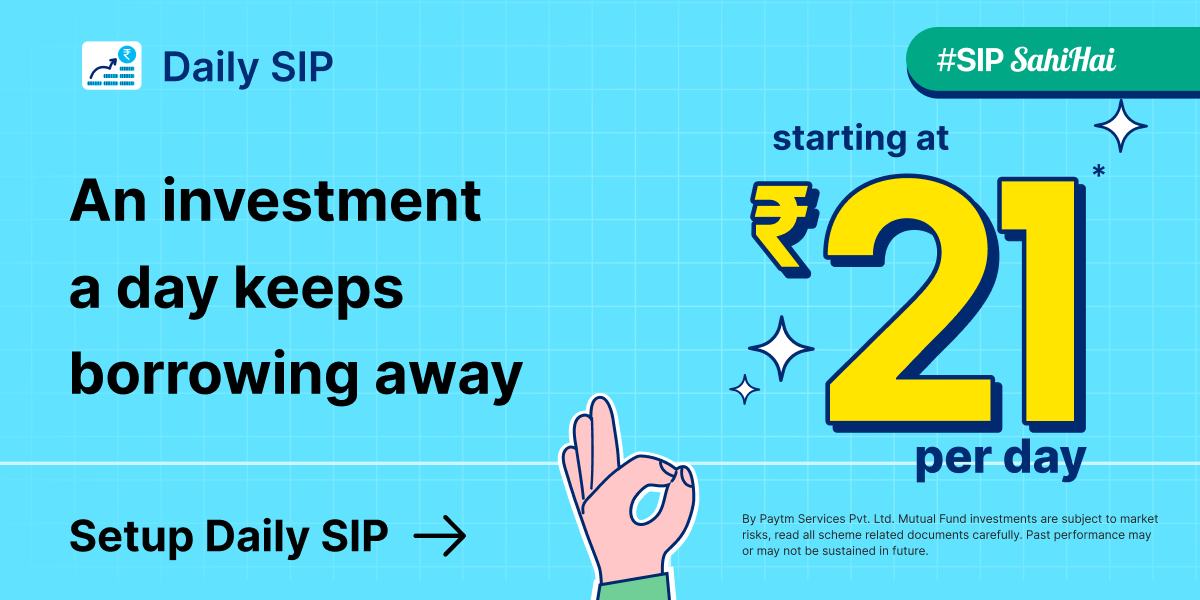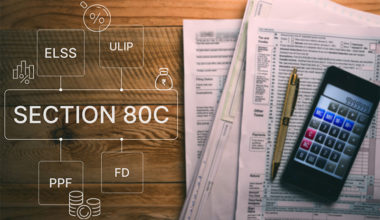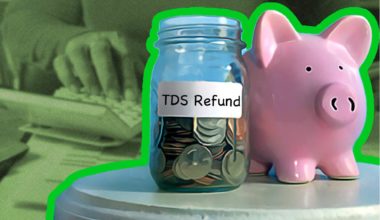Defining Income Tax Refund
An Income Tax Refund (or IT Refund) is the liability arising in an event when a taxpayer pays more than the required tax amount. It is a state of reimbursement issued to a taxpayer when they have paid higher tax than their assessed liability in the given financial year. It usually happens when the taxpayer’s income has a TDS attached to it.
As per Section 237 of the Income Tax Act, 1961, this excess tax paid is the bonus income and is refunded to the taxpayer after due verification of his tax filings. This tax return is not subject to any interest. Therefore, one can invest the bonus of refund amount in the future. But first, the taxpayer must apply for the tax refund process after checking their eligibility.
Eligibility for Income Tax Refund
The taxpayer is eligible for an ITR refund if he/she meets the following eligibility conditions:
- If the total tax paid by the taxpayer in the financial year is more than 100% of the tax liability assessed.
- The TDS deductions the taxpayer pays are more than the final tax liability in the financial year.
- If the taxpayer has made any tax-saving investment at the end of the financial year.
- If the taxpayer has paid tax on his income in a foreign country having DTAA (Double Taxation Avoidance Agreement) with India.
- The taxpayer has paid extra tax due to an error in the assessment of the tax amount.
How to Claim the Income Tax Refund?
The easiest way to claim the tax refund is by filing an Income Tax return before its due date. Before filing the return, you can check the advance tax payments under Form 26AS. Once you have filed your Income tax return, the assessment office will verify your tax calculation with your tax record to approve your ITR refund.
Alternatively, you can also fill out Form 30 to convince the tax authorities to review your tax payments against the assessed liability. The refund credit will be faster if you provide your bank details along. Now that you have claimed the refund, you can track the status of your refund on the e-filing dashboard.
When to Claim an ITR Refund?
The taxpayers can expect to claim the income tax refund within twelve months post the prevailing assessment year. However, the due date is subject to fluctuation in some conditions mentioned below-
- The taxpayer can claim the refund amount within the successive assessment of six years. CBDT (Central Board of Direct Taxes) will not accept refund requests post this period. CBDT does not give interest on income tax refunds.
- The verifying officer will only accept delayed tax refunds if it is left to be verified by them.
- The tax refund claim for a single assessment year should not exceed INR 50 lakhs.
Checking the ITR Refund Status
If you wish to clarify the status of your income tax refund, you can easily track it from the comfort of your home. You can keep track of the refund status of your income tax online via platforms like the e-filing portal or the NSDL website. Here is the detailed process of checking the status from both portals-
Income Tax E-Filing Website
- To check your refund status from the e-filing website, click on (incometaxindiaefiling.gov.in/home).
- Log in to your income tax account with your user ID (PAN number). Enter your password and fill out the captcha code.
- Head over to the “View Returns/Forms” option.
- Once the page appears, find the option that says “Select an Option” and click on “Income Tax Returns” from the drop-down list.
- Add your assessment year and submit the request.
- Once done, find your ITR acknowledgement number and check your refund status.
National Securities Depository Limited (NSDL) Website
- Check the NSDL website online or simply click on (tin.tin.nsdl.com/oltas/refundstatuslogin.html)
- Fill in the details of your PAN card, your assessment year for refund, and the captcha code.
- Hit “Submit,” and you will have your Income tax refund status in front of you.
What to Do if Income Tax Refund is Not Received?
Generally, the refund tax authorities process your refund request within 20-45 days. But if you still haven’t received your income tax refund, recheck your refund status to know the estimated ITR refund time. If your refund status highlights any concern in your request, you must resubmit your return request or wait until the concern reaches the relevant authorities.
Conclusion
An income tax refund is the reimbursement of excess tax paid by you against the actual tax liability assessed. The excess amount is the bonus that arises due to many reasons, majorly on the part of the tax authorities. This refund must be claimed within a year while filing your Income Tax Return for the financial year. Once requested, the taxpayer can expect their refund within twelve months from the assessment year and can even check the status on online portals like the NSDL portal and E-Filing.
What is the expected Income Tax refund time in India?
Is the delayed tax refund subject to any interest?
How many days will the ITR refund be credited to our accounts?
What if my income tax refund is above 50000?
Related News
Received Income Tax Notice? Here’s Why










